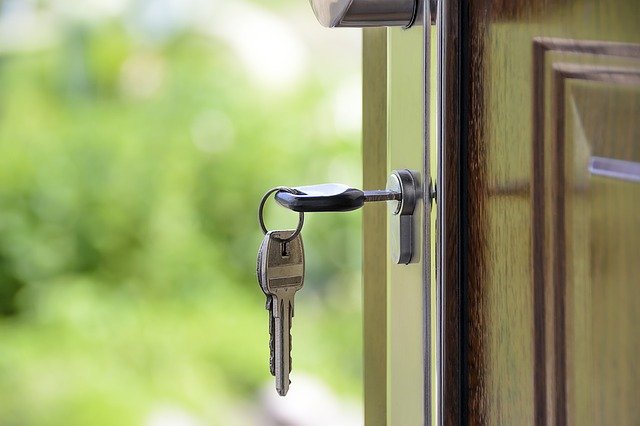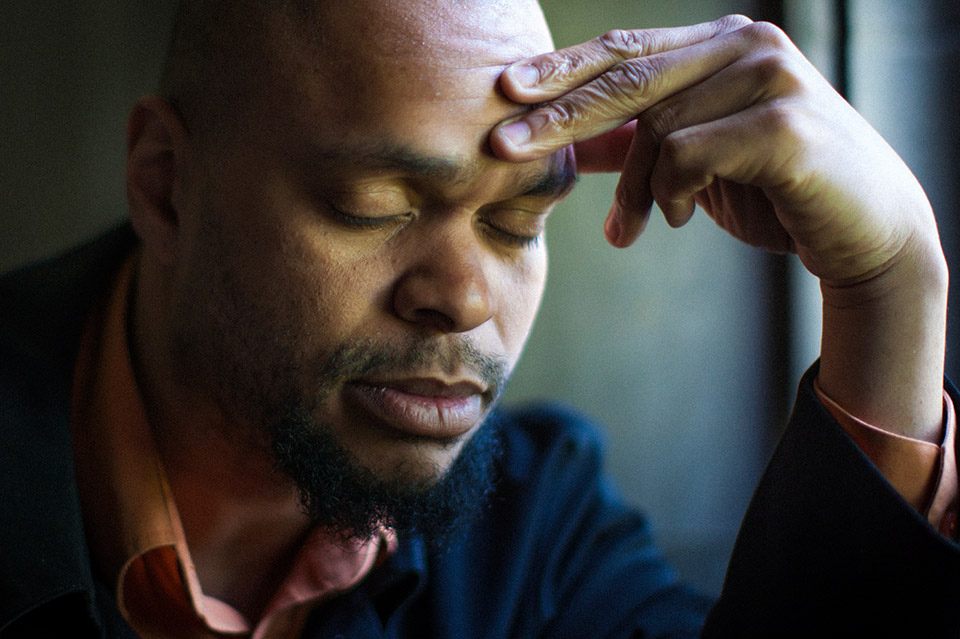An issue with the bladder, such as Urge incontinence and urgency incontinence, can cause a great deal of worry and stress, and you may start to live your life around your problem. However, there is help available.
What’s the difference between Urge Incontinence and Urgency Incontinence?
The sudden intense sensation of needing to go to the toilet and having to rush to get there is called ‘urgency ‘.
People with normal bladder function can hold on until they reach the toilet, but people with urgency may leak if they do not get to the toilet in time. If this happens, then it is called ‘urge incontinence’.
What are the causes of Urge Incontinence?
An overactive bladder causes most cases of urgency incontinence and urge incontinence. However, for some people, the cause is never found.
You may also feel the need to rush to the toilet if you have a urinary tract infection. People with diseases that affect the nerves that are linked to the bladder, such as Multiple Sclerosis and Parkinson’s disease can be prone to urgency and urge incontinence.

‘Latch key’ urgency can affect people who already have poor bladder control. This term refers to the need to go to the toilet as soon as you get home and put the key in the door. Knowing that you will soon be able to go to the toilet may cause your bladder to contract, so you have to rush to get to the toilet.
Some people experience a similar urgency feeling when they hear running water. This can be quite common, but when you have to rush to the toilet and sometimes do not make it in time, you need to investigate this problem.
When to get help with urge incontinence and urgency incontinence
If you are concerned about your problem and it is starting to affect your day-to-day life, be sure to make an appointment to see your doctor, continence nurse or specialist physiotherapist. A continence nurse and specialist physiotherapist are healthcare professionals specialising in bladder and bowel problems.
Once you have made an appointment, your healthcare professional will assess you. They may ask you some of the following questions:
- How often do you go to the toilet to pass urine?
- How often do you leak urine?
- When do you leak urine?
- What medication do you take?
- What do you normally eat or drink?
- Is it painful/uncomfortable when you pass urine?
- How many times do you get up at night?
- Do you ever wet the bed?
It would be a good idea to record your bladder activity for at least 3 days before your appointment.
Please visit our section on Bladder Diary/retraining for more information and a copy of a blank diary you can download and complete yourself. There are a variety of conservative treatments and medications available, and if these fail, you may be referred to a surgeon.
Further Information
Further information and downloads can be found in the downloads section.
Living with a bladder condition can affect you emotionally and socially; sometimes, it can help to speak to others who understand your situation. The Bladder & Bowel Community Support Group is available around the clock and monitored closely by admins to ensure a safe environment to allow you to connect with those who share your condition. Start your own topic today, or just follow one that interests you.








